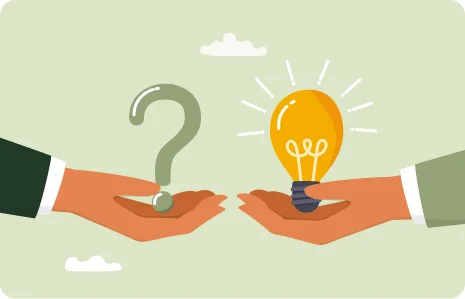In the age of digital connectivity, social media has become an integral part of our daily lives, influencing how we connect, communicate, and perceive the world. While these platforms offer unprecedented opportunities for connection and self-expression, it's crucial to recognize the potential negative impact they can have on mental health. Let's delve into how the allure of social media can sometimes cast shadows on our well being.
The Illusion of Perfection
One of the pervasive downsides of social media is the perpetuation of an illusionary world where everyone seems to lead perfect lives. Scrolling through curated feeds filled with highlight reels may inadvertently fuel feelings of inadequacy and lower self-esteem. Constant comparisons to others' seemingly flawless lives can contribute to a sense of dissatisfaction with our own realities.
Fear of Missing Out
Social media platforms often showcase exciting events, gatherings, and experiences, triggering the infamous Fear of Missing Out (FOMO). Seeing friends and acquaintances enjoying social activities without us can lead to feelings of isolation and anxiety. It's important to recognize that social media represents curated snippets of life, not the full, nuanced picture.
Cyberbullying and Online Harassment
The anonymity provided by online platforms can unfortunately foster a darker side of social interaction. Cyberbullying and online harassment are real and impactful issues, with negative comments, trolling, or targeted attacks causing significant emotional distress. Navigating these digital shadows requires a resilient mindset and, in severe cases, seeking support from both online platforms and mental health professionals.
Addiction and Time Distortion
The endless scroll, notifications, and constant stream of information can lead to addictive behaviors, causing a distortion of time. Excessive social media use may contribute to procrastination, reduced productivity, and disrupted sleep patterns. Recognizing and setting healthy boundaries around social media consumption is crucial for maintaining a balanced lifestyle.
Unrealistic Beauty Standards
Social media is a powerful influencer in shaping societal beauty standards. Exposure to images promoting unrealistic body ideals can contribute to body dissatisfaction and negative body image. Individuals may feel pressured to conform to these ideals, fostering unhealthy habits and triggering mental health concerns, such as eating disorders.
Impact on Perspectives
Social media algorithms often curate content based on users' preferences, creating echo chambers where individuals are exposed to information that aligns with their existing beliefs. While this fosters a sense of belonging, it can also lead to polarization, reinforcing extreme viewpoints and limiting exposure to diverse perspectives, potentially contributing to heightened social and political tensions.
Acknowledging the potential negative impact of social media on mental health is the first step toward cultivating a healthier digital presence. Striking a balance between online and offline life, practicing mindfulness, setting realistic expectations, and curating a positive digital environment can contribute to a more fulfilling and mentally healthy relationship with social media. It's about leveraging these platforms for connection and inspiration while prioritizing mental well-being in the digital age.




